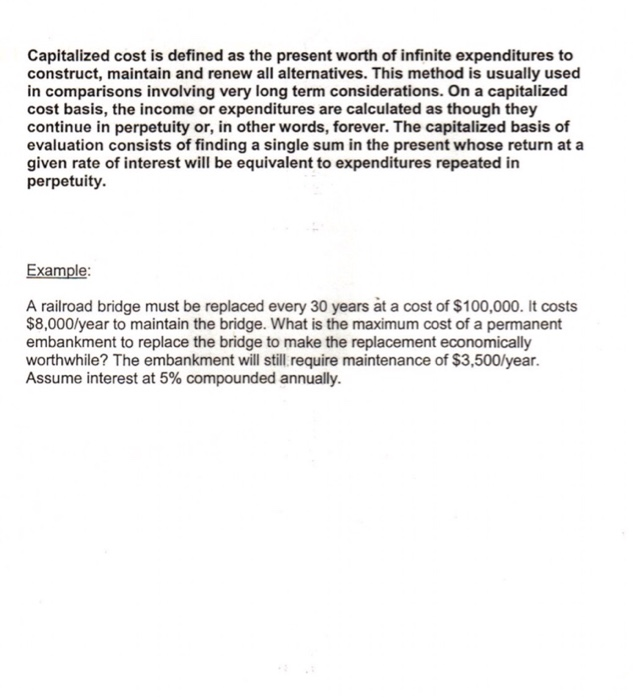
An accountant may offer many more services, including conducting audits, advising on spending and cost-saving opportunities, and forecasting for opportunities and risk analysis. Some accountants work in specific industries to offer greater irish red ale recipe beercraftr’s 1 gallon beer recipes in-depth analysis in these fields. In the UK, the basic educational requirement for becoming an accountant is a bachelor’s degree or master’s degree in accounting.
To be effective in this role, an accountant must understand the basic functions of a management to provide accurate direction mark to market accounting and guidance to coworkers and clients seeking financial advice. In the modern age, the typical day of an accountant involves spending a lot of time on the computer. Whether they’re inputting data, creating financial reports, or communicating with others in the office, an in-depth knowledge of technology is essential. They also evaluate data and perform analyses to help a business stand out against competitors. Vendor payments and customer receipts will make up the bulk of your transactions, but you probably have others, too.

Update Payroll Records
Even worse, some small businesses hire a bookkeeper — not an accountant — who knows very little about proper accounting methods, and trust them completely with all the finances. Maintaining financial records requires a high degree of accuracy and attention to detail. Fortunately, there are a few simple ways to stay on top of your payroll duties. Reviewing these items, such as unpaid invoices, on a daily basis allows you to keep track of who owes you money and how much. Any bookkeeper knows one of their key responsibilities is recording accounts payable invoices daily. This task ensures you’ve accounted for all income and properly tracked expenses.
Would you prefer to work with a financial professional remotely or in-person?
A common misconception is that you have to be good at math to be an accountant. While math skills are important, complex mathematical skills aren’t typically necessary to tackle the budgeting functions of an accountant. Professionals in this field need to be able to use advanced accounting software and other computer-based tools to work effectively.
To succeed in this field, aspiring and current accounting professionals should stay up-to-date on these developments to keep their skills relevant and maintain a competitive advantage in the workplace. However, there are other career options worth considering beyond a Certified Public Accountant. The industry is filled with a wide range of in-demand finance and accounting careers. So whatever type of accounting path you choose, there’s incredible job growth opportunities for accountants. Data from the Bureau of Labor Statistics (BLS) projects that the employment of accountants and auditors will grow 6 percent by 2031. Our analysis of industry trend findings also found that unique accounting job postings have experienced substantial growth.
Record Accounts Payable Invoices
Follow up if needed to collect payment and be sure you sent the invoices to the appropriate customers. A financial professional will offer guidance based on the information provided and offer a no-obligation call to better understand your situation. For information pertaining to the registration status of 11 Financial, please contact the state securities regulators for those states in which 11 Financial maintains a registration filing. Despite these drawbacks, the expertise and insights provided by accountants make them indispensable assets for any business seeking financial success and stability. Accountants possess essential skills, such as attention to detail, analytical acumen, proficiency with financial software, and effective communication. Despite their expertise, accountants are humans and can make errors, leading to financial losses or regulatory issues.
- Accountants aid in decision-making by providing well-analyzed financial data, helping to formulate strategic business plans.
- Whether you’re interested in specializing in taxes, public accounting, or something else entirely, it’s important to remember that the typical day of an accountant is always changing!
- Accounting is divided into the public and private sectors, with public sector accountants providing services to a range of clients, which may include the government.
- You have a few options when it comes to keeping tabs on your daily bookkeeping checklist.
Essential Skills
Following their accounting degree, accountants can specialise or apply for further qualifications through one of cost volume profit the UK’s chartered accountancy bodies. We are looking for an Accountant to manage all financial transactions, from fixed payments and variable expenses to bank deposits and budgets. This Accountant job description template is optimized for posting on online job boards or careers pages.
They analyze financial data to identify trends and make future predictions, assisting in strategic business decisions. There’s no doubt that the accounting profession has experienced significant change in recent years. While the changes have unlocked a number of growth opportunities, they have also resulted in challenges and issues that today’s firms need to have on their radars. Over the past decade, client advisory services (CAS) have emerged as one of the fastest growing service areas in public accounting.
Auditors can be internal or external, and they review financial statements for accuracy and regulatory compliance. Beyond the day-to-day operations, accountants also assist in strategic financial planning. They analyze financial data to forecast trends, identify opportunities for increased profitability, and recommend measures to reduce costs. For more information, read our recent blog on exploring the future of tax automation to elevate firm efficiency. Accountant duties, in general, involve the preparation and examination of financial records, and they possess a distinct set of skills to effectively serve as their clients’ trusted advisor. Furthermore, since accountants are responsible for sensitive data, it is increasingly important to maintain strong security practices to ensure the safety of the organization or client’s private information.